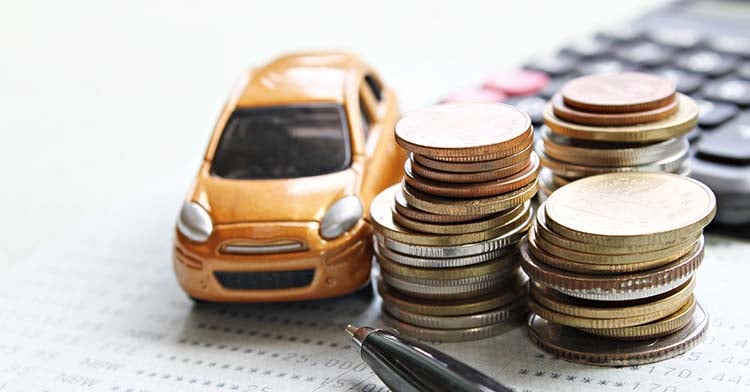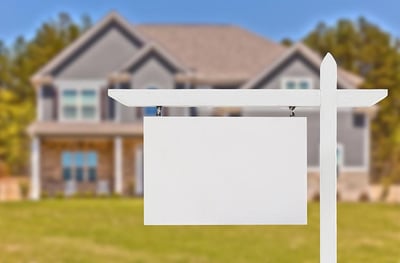Page 28 271 - 280 of 425
Does Gold Qualify for a 1031 Exchange?

As an investor, using a 1031 exchange to defer the payment of capital gains taxes when you sell property is often a goal. After all, doing so can increase your funds for reinvestment, thus enabling you to better leverage your investment power. Sequential exchanges can compound this effect, helping you grow your portfolio. For many investors, it's a rational approach.
Which States Do Not Recognize 1031 Exchanges?

Completing a 1031 exchange after selling an investment property can help real estate investors increase the purchasing power of their investment capital and also defer taxes on any realized capital gains.
Can You 1031 Exchange From a Rental Into a Vacation Home?

If you’ve ever dreamed of selling your dreary rental home in the Rust Belt and completing a 1031 exchange into a relaxing vacation home in a sunny beachside community, keep on reading.
How Do 1031 Exchanges Work?

In the simplest terms, a 1031 Exchange allows a taxpayer to defer the recognition of capital gains tax due from the sale of investment property by replacing the sold property with a "like-kind" property of the same or greater value. Section 1031 of the Internal Revenue Code originally applied to personal property as well as real estate, but was amended by the Tax Cuts and Jobs Act to remove exchanges of intangible and personal property. To successfully defer the capital gain, the taxpayer must use the profit from the sale to purchase a like-kind property within 180 days.
What Is A Reverse 1031 Exchange?

A 1031 exchange offers an opportunity for investors to reinvest the capital gains from selling an investment property without diverting a portion of the gain to pay capital gains taxes. This tactic can increase the buying power the investor can put to work in their next purchase, but it's a complex transaction, and strict rules and tight timelines govern it. For example, in an ordinary 1031 exchange, the clock starts ticking as soon as the investor sells the initial property, referred to as the relinquished asset.
Do Vehicles Qualify for a 1031 Exchange?

The tax code seems to be constantly changing, and that applies to the rules regarding 1031 exchanges too. Do vehicles still qualify for a 1031 exchange? That’s what this article will discuss.
What Are the 1031 Exchange Rules in Florida?

Investors who prefer to defer their payment of capital gains taxes when selling an investment property are sometimes interested in the details of executing a 1031 Exchange. A properly transacted 1031 can allow the taxpayer to sell an asset and reinvest the proceeds in other investment property while deferring the tax on any gains. This tool can contribute to leveraging success and is repeatable, compounding the value.
How Does a 1031 Exchange Work in Conjunction with Depreciation on an Investment Property?

Selling an investment property for a gain can result in a large tax bill. Some of that bill may include paying back depreciation. This is called depreciation recapture. The recaptured depreciation is taxed at a different tax rate. Does a 1031 defer depreciation recapture taxes or does depreciation continue as if it is the same property?
1031 Exchange Timeline and Identification Requirements

Executing a successful 1031 exchange requires taxpayers to follow strict process rules or risk that the IRS won't allow the transaction. The result of a failed exchange can be an unexpected and unwelcome capital gains tax bill, so investors should proceed carefully.
Can You 1031 Exchange into a Boat?

Real estate investors may think of using a 1031 exchange when managing their real estate portfolio. For example, perhaps you are considering a shift from active management of the property to passive investing. In that case, using a 1031 exchange to defer the payment of capital gains taxes on property you identify for sale may make sense.
Page 28 271 - 280 of 425


